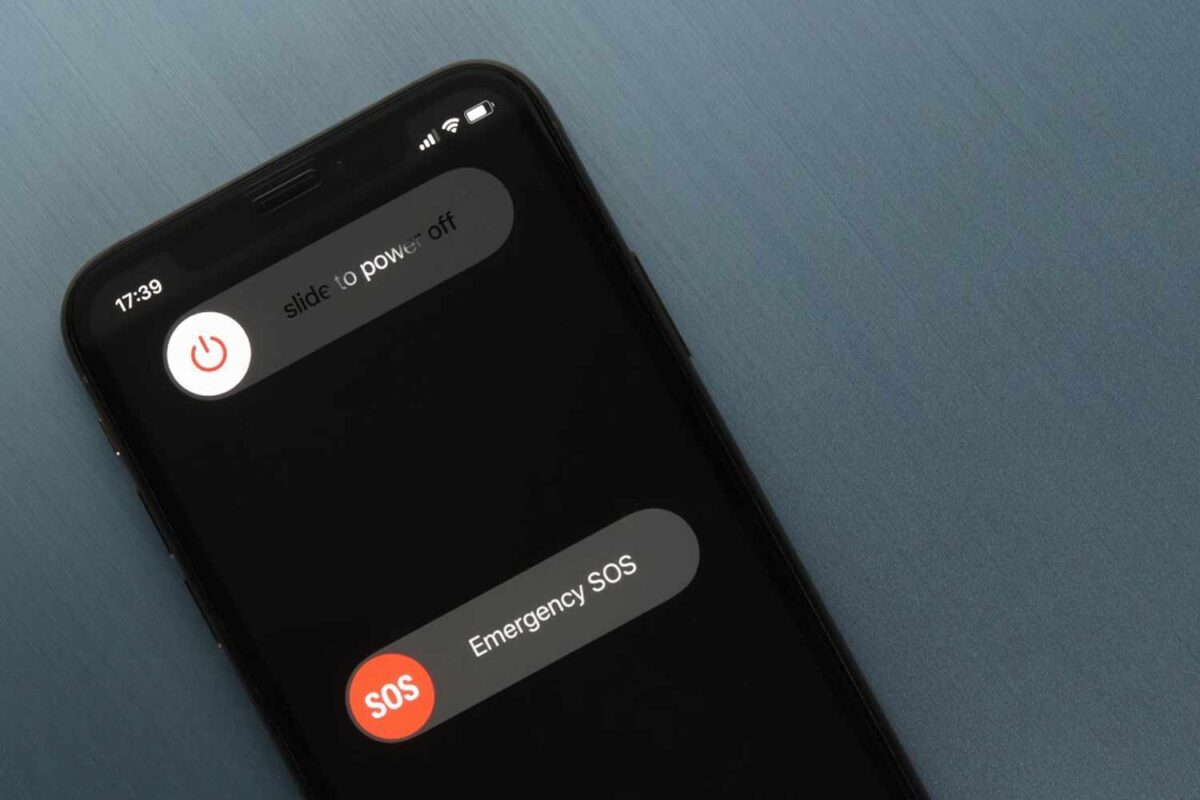Abstaining from any activity or vice can help you gain a greater appreciation for it. This is certainly true for social media and the amount of time we spend on it. Health hacker Dave Asprey suggests a social media fast could be the best thing for our brains.
Think of the word ‘fasting’ and you’ll likely think of intermittent fasting by default. Intermittent fasting is the practice of limiting the window of when you eat, or the amount of food you eat in a day. But you can effectively fast from anything, and it could be a good option if you start noticing you’re addicted to something.
Health hacker Dave Asprey makes this point in a recent Instagram post, saying “You can fast from common addictions like alcohol, tobacco, or any other lifestyle patterns you want to change.”
He adds that you’re creating a dopamine fast by taking a break from social media. Dopamine is a chemical released by your brain that is “involved in reward, motivation, memory, attention, and even regulation of body movements,” according to Healthline.
Ultimately, dopamine is associated with pleasure and reward, so when you experience a release, it will feel good, causing you to want to repeat the behaviour again to feel the same positive feeling. Dave suggests social media causes this feeling of pleasure, so we’re more than happy to scroll through our feeds for hours on end.
“Doing a dopamine fast by avoiding social media can give your mind a break from processing junk culture and devote more resources to creativity and original thinking. Less distractions = more power, [sic]” he relates.
“The world will keep turning. Your device will still be there, ready to scroll at your heart’s content,” he adds.
“Remember to be still. If you’re lucky enough to be surrounded by nature, get out for a few more hours in that vitamin D. Play some outdoor games with your kids if you have them, toss a ball with your pooch, or simply ground!”
Dave Asprey
It should come as no surprise to learn that social media can be incredibly distracting, and DMARGE’s very own Men’s Matters study returned some alarming statistics about the effects of social media usage on men.
The study found over a third of men (34%) feel as if social media has negatively impacted their relationships, and over two thirds (68%) also shared that they feel that online apps have made dating less enjoyable.
DMARGE Director & Founder Luc Wiesman recently experienced a social media fast of his own when he completed The Hoffman Process in the picturesque town of Byron Bay. He said his reasoning for signing up for the process was to leave “work and social media, plus a few other vices behind for [a] week.”
At the end of the week, Luc found he was “really nice to people and actually smiled more,” and he also “became more conscious about [his] choices regarding thoughts and usual behavioural patterns.”
DMARGE reached out to a few other people who have either completed or are currently conducting, social media fasts of their own to find out why they chose to do it, how easy they found it and how they felt once they reconnected with their social feeds once again.

Sonya Sartorio, a 28-year-old sales manager from Sydney said, “I had a 6 month Instagram fast toward the end of 2021. I decided to do it because I realised just how unhealthy my relationship with social media and my phone had become.”
“I did a lot of research to solidify my reasons behind deleting it and I wrote these down so I could look to them if I ever felt tempted to log back in.”
Sonya Sartorio
“I started with a one month challenge, but 6 months later and it had felt like a breeze. I actually felt quite anxious returning to Instagram following this 6 month period, but after setting some healthy digital and social media boundaries, I feel like I now consume socials in a much more conscious way.”
Linking to what Dave says, Sonya did find that the time away from social media meant she was less distracted and had more time to focus on herself and found the experience “even more transformative than I could’ve imagined.”
“Ultimately a social media cleanse, became a discovery into who the hell I am without the noise, without the vortex scroll, without the seeking of approval. It has me relearning what a relationship with this seemingly harmless app looks like. Discovering how to be intentional, purposeful and consume social media consciously.”

Harriet Parker, a 32-year-old social support worker from the United Kingdom has just begun her social media fasting journey. She told DMARGE “I deleted the Instagram app because I wanted to spend less time on social media for the sake of my mental health, I always found myself comparing my life to others and feeling like mine isn’t as good as other people’s and feeling anxious that my relationships might not be as good as others.”
“I’d already deleted any accounts I followed that made me feel not good enough about the way I look or made me feel like I needed to buy stuff (I gave up shopping in January) but Instagram was still making me feel s***.”
Harriet Parker
“I’ve actually found giving it up really easy, it’s only been a week or so but I haven’t missed the content. But I do find myself scrolling through other things like my photos more often so I haven’t mastered finding other things to do when I’m bored!”
“My aim is to never go back on Instagram because the negatives outweigh the positives, I followed loads of positive content like feminist and anti-racism groups and rape survivor support groups but the toxic stuff isn’t worth it for me.”
It’s no wonder they feel good after a social media fast. As clinical psychologist Carla Marie Manly, Phd told Well & Good in 2021: “A social media fast can offer a much-needed respite for the body, mind, and spirit. Fasts can increase positivity, decrease anxiety, and assuage feelings of depression.”
For many, the thought of giving up their social media feeds can be incredibly daunting and even more may think they have no reason to need to take a break from them. For those that do feel they should start to limit their time online, but can’t quite pull the plug, just having the awareness is a major step in itself.
Read Next
